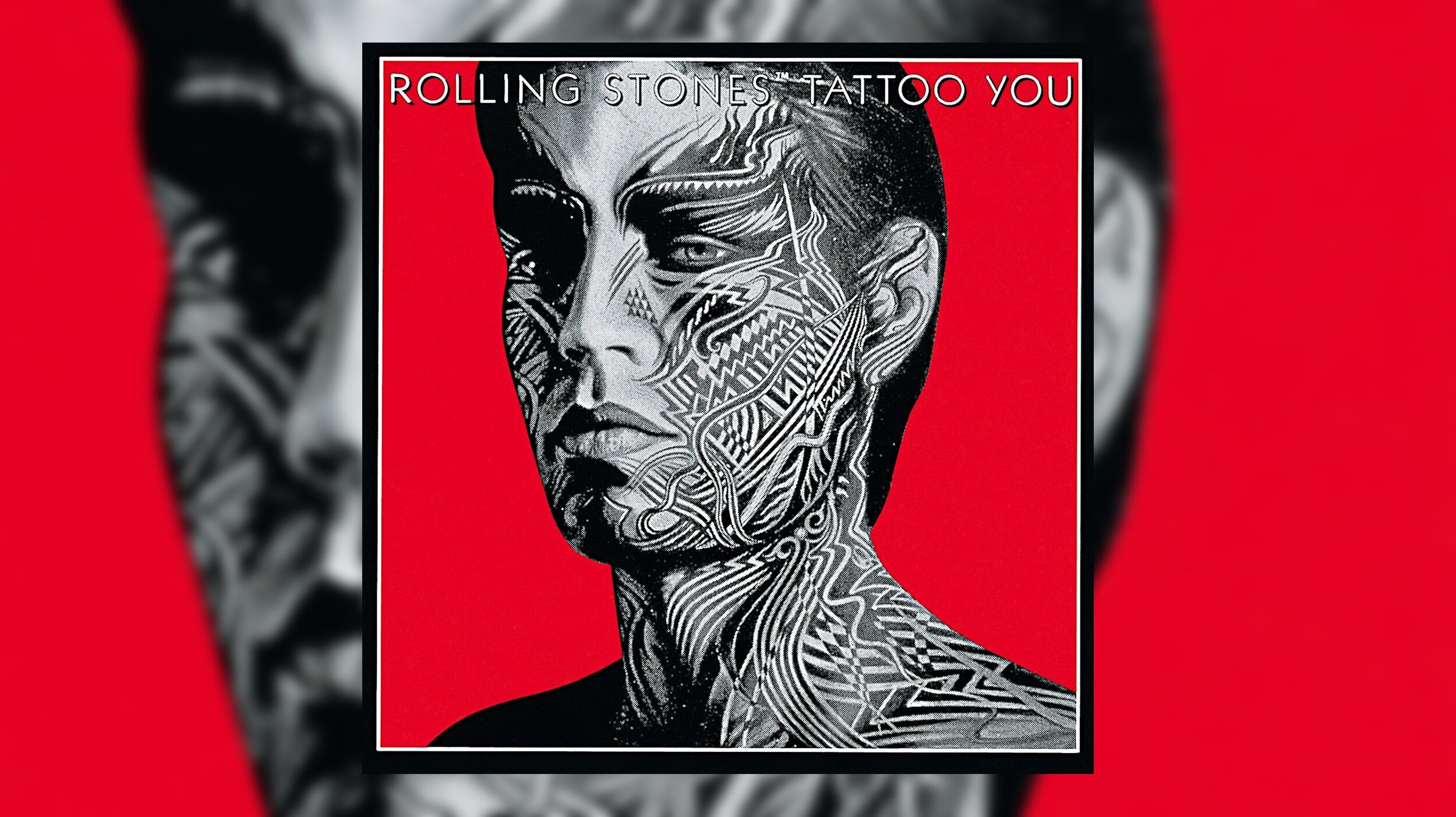Happy 40th Anniversary to The Rolling Stones’ sixteenth UK and eighteenth US studio album studio album Tattoo You, originally released August 24, 1981.
Tattoo You is one of the more important LPs in the Rolling Stones’ catalog because it marked the end of the band's incredible run of number one albums, starting with 1971's Sticky Fingers. It is also considered by some to be their last great album.
Usually, when we talk about great albums, we tend to imagine the principal songwriters workshopping the tunes and bringing them to the rest of the band. Such was not the case with Tattoo You because of conflicting schedules, and a rift between Mick Jagger and Keith Richards, which would last well into the decade. Take a good look at the music video for "One Hit (To The Body) where they both appear to be working out some issues during a mock fight. It pretty much symbolized the nature of their relationship at the time.
The Stones were booked to begin a huge tour at the end of 1981, and they usually would have a new album to promote while they were on the road, but there was no new material to work with. Chris Kimsey, the band's audio engineer since Sticky Fingers explains how Tattoo You came to be. “Tattoo You really came about because Mick and Keith were going through a period of not getting on,” he told British GQ in 2011. “There was a need to have an album out, and I told everyone I could make an album from what I knew was still there.”
Kimsey and Jagger sorted through outtakes, demos, and rejected songs dating back from the Goats Head Soup sessions up to 1980's Emotional Rescue, which itself had taken previously record material from the Some Girls (1978) sessions. In a 1995 interview with Rolling Stone, Jagger admitted that the band was hardly involved with the process of making Tattoo You. "It wasn’t all outtakes; some of it was old songs. And then I went back and found previous ones like ‘Waiting on a Friend,’ from Goats Head Soup. They’re all from different periods. Then I had to write lyrics and melodies. A lot of them didn’t have anything, which is why they weren’t used at the time – because they weren’t complete. They were just bits, or they were from early takes. And then I put them all together in an incredibly cheap fashion."
When listening to Tattoo You, you would never know that it is this Frankenstein's monster of an album that was pieced together with songs that came from what is arguably their most creatively fertile period. I sat down and listened to it again from beginning to end, and it remains a fantastic record.
Side one is classic Rolling Stones rock with some blues and reggae-influenced tunes. "Start Me Up" was intended to be a reggae song that they had trouble nailing down. During the Some Girls sessions, they continued to work on it until they landed on the version you hear today. On that same day, they also recorded the final version of "Miss You." That's a pretty good day.
Side two, with its ballads, is what makes this album work so well for me. The combination of "Heaven, " "No Use in Crying,” "Worried About You, " "Tops," and "Waiting on a Friend" make up one of the Stones' best album sides.
Tattoo You also includes some significant contributions from saxophonist Sonny Rollins ("Slave" and "Waiting on a Friend"), Billy Preston ("Slave" and "Worried About You"), and Mick Taylor ("Tops" and "Waiting on a Friend"). Despite being made up of outtakes, fragments of songs, and rejected tunes, Tattoo You remains a vital part of their discography, and one I would say that remains somewhat underappreciated.
LISTEN:

